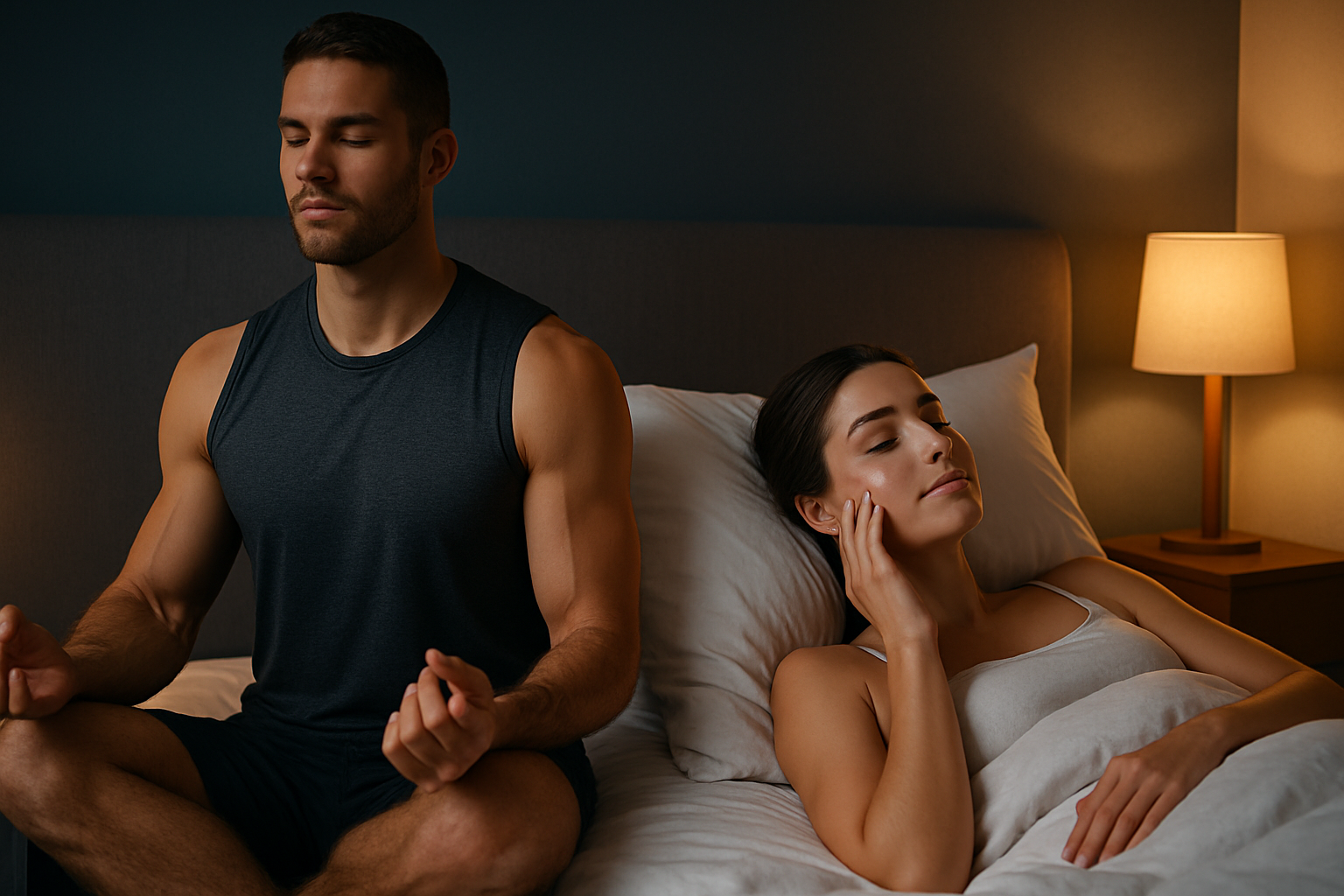How mindful movement getaways support stress management and sleep
Mindful movement getaways combine guided practices, restful schedules, and supportive environments to help participants reduce stress and improve sleep patterns. By blending intentional activity with periods of calm, these retreats create space for physical recovery and mental reset, making it easier to establish routines that carry into daily life.

Mindful movement getaways bring structured time for the body and mind to recalibrate. Over several days, participants typically follow an itinerary that balances active sessions with unstructured rest. This combination can reduce the physiological burden of chronic stress, support nightly recovery, and create predictable rhythms that improve sleep onset and continuity. Retreats often pair guided instruction with quiet hours and sensory-friendly spaces, allowing both immediate relief and practical strategies to use once returning home.
mindfulness and stress response
Mindfulness practices offered at retreats focus on present-moment awareness and nonjudgmental observation. Regular sessions teach attention skills that help reduce rumination—the repetitive thoughts that fuel anxiety and interfere with sleep. By practicing short, repeatable techniques, retreat attendees learn to notice stressors early and apply simple grounding methods. Over time, this training supports a calmer baseline state and improved sleep quality through reduced nighttime alertness and a greater ability to let go of intrusive thoughts.
meditation for sleep quality
Meditation sessions at getaways typically include guided attention and relaxation techniques tailored to sleep improvement. Techniques can range from body scans that release tension to visualization exercises that promote restful states. Practicing meditation in a retreat setting benefits from fewer distractions and expert-led pacing, which can accelerate learning. As participants internalize bedtime routines—such as a brief meditation before sleep—they may find it easier to transition from wakefulness to restorative sleep.
breathwork and nervous system regulation
Breathwork sessions introduce intentional breathing patterns to influence the autonomic nervous system. Slow, measured breathing activates parasympathetic responses that lower heart rate and reduce cortisol production, supporting relaxation. These techniques are portable: a brief breathwork routine can be applied at bedside or during stressful moments to hasten recovery. Learning breath-based cues in a group setting reinforces technique and confidence, making it more likely that attendees will use breathwork for stress management and sleep hygiene at home.
asana, flexibility, and mobility for better rest
Physical practice on retreats often emphasizes accessible asana sequences that promote flexibility and mobility without overstimulation. Gentle movement helps release muscular tension accumulated during the day, which can interfere with comfortable sleep positions and uninterrupted rest. Sessions that combine slow stretching, joint-friendly flows, and alignment cues support physical comfort and ease anxiety by focusing attention on bodily sensations rather than worry. Improved flexibility and joint mobility can contribute to reduced sleep disturbances related to discomfort.
restorative practices, nutrition, and detox
Restorative sessions—long-held supported postures, guided relaxation, and naps—help the nervous system downshift and replenish energy stores. Complementary attention to nutrition and gentle detox routines at retreats can stabilize blood sugar and reduce late-night digestive disruption, factors that influence sleep. Balanced meals, hydration, and reduced stimulants create a supportive internal environment. While “detox” is a broad term, retreats commonly emphasize whole foods, reduced alcohol and caffeine, and hydration strategies that support clearer sleep patterns and daytime alertness.
community, mindset, and sustained wellness
Group settings provide social support that reinforces new habits and a mindset oriented toward self-care. Shared routines, reflective discussions, and peer encouragement help normalize prioritizing sleep and stress management. Hearing others’ challenges and solutions can shift mindset from isolation to collective learning, increasing adherence to new practices. Community also offers accountability for maintaining gentle routines—like evening wind-downs or morning breathwork—that preserve the retreat’s benefits after returning home.
This article is for informational purposes only and should not be considered medical advice. Please consult a qualified healthcare professional for personalized guidance and treatment.
Mindful movement getaways offer an integrated approach to stress and sleep by combining cognitive tools, breathing techniques, physical practice, restorative rest, balanced nutrition, and social support. The retreat context accelerates learning by removing everyday distractions and providing guided repetition. Long-term improvements depend on transferring simple, sustainable practices—short meditations, brief breathwork, gentle asana, and predictable sleep routines—into daily life to maintain reduced stress and more consistent, restorative sleep.






